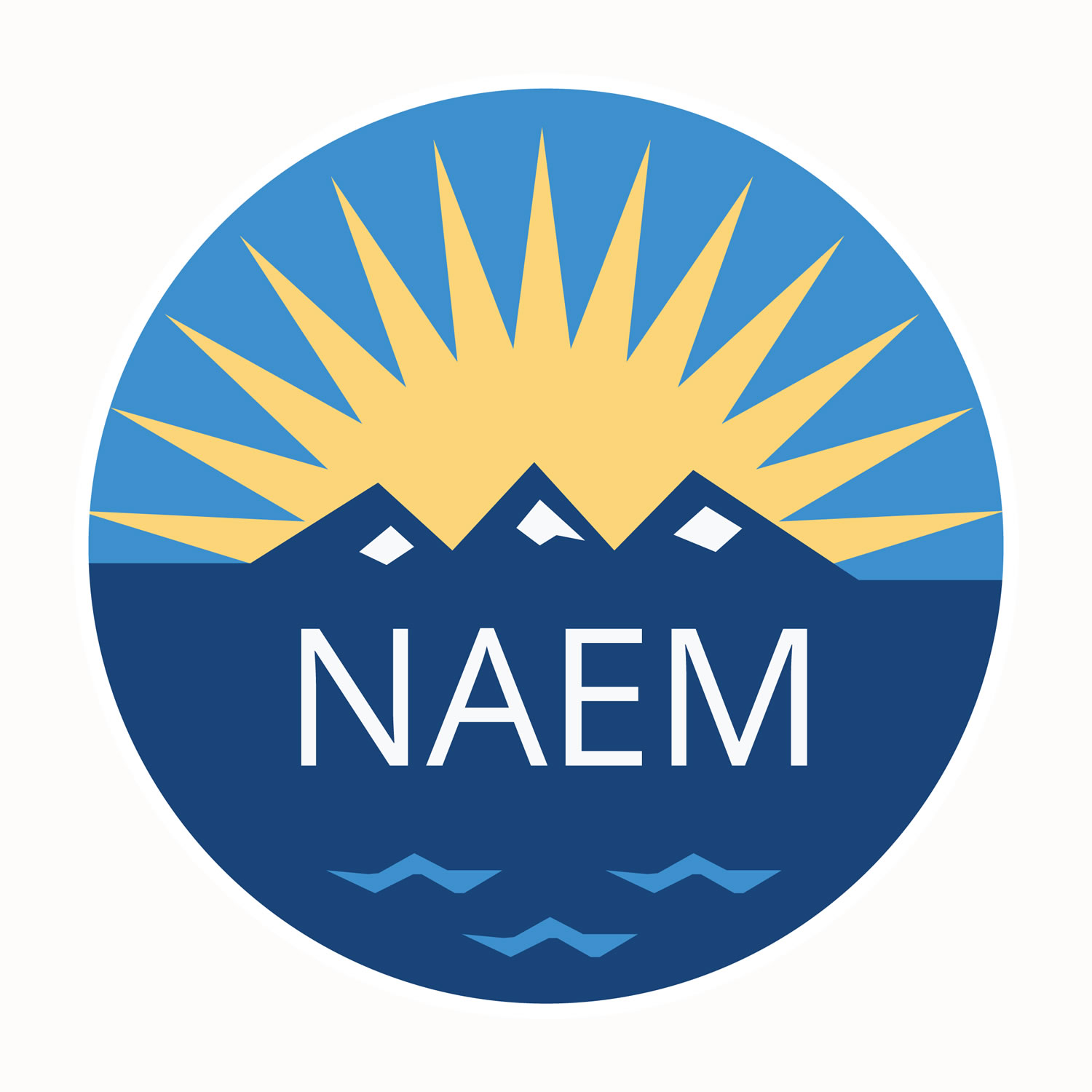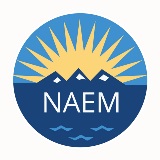Sustainability in a Nutshell: An Expert's Guide to the Key Resources in the Field

NAEM: Great to catch up with you today! You've certainly amassed a diverse set of experiences over the course of your career. Why were you called to write this book?
Leo Raudys: In my three years at the University of Minnesota, I keep hearing the same questions from people, not just students, but also professionals who have been working in sustainability for years. Also, a fair amount of the questions actually come from people who were once on the periphery of sustainability, particularly on the finance side of things. CFOs in particular are paying a lot more attention just because of the attention that ESG issues are starting to demand.
Surprisingly, all of these people have the same questions about the field, namely: Who are the people I should know? What are the conferences I should go to? What are the organizations I should join?
In essence, "The Cheap Guide to Sustainability & Corporate Social Responsibility" is meant to answer these, and related questions.
NAEM: What does your book cover? Who did you write it for?
Leo Raudys: Rather than a be-all-end-all sort of guide, I wrote it to serve as a helpful pocket guide for EHS professionals at all stages of their careers. In the spirit of a field guide, each section is brief, yet informative. It may be the shortest book you'll read all year, but if I've hit the mark, it'll be dog-eared from repeated use. Definitions are given in lay person terms that will educate students while also helping seasoned professionals recall the intricacies of topics they may have forgotten. The sections on conferences and organizations follow in the same vein. The book also ends with a chapter on the "100 under 100" - a set of sustainability leaders who anyone in the field should be aware of, if not actively following.
NAEM: Who are some of the leaders on your top 100 under 100 list?
Leo Raudys: I think that the breadth of careers, fields, and fame of people on this list reflects the scope of the sustainability field. I included executives at large firms who are directly innovating the way the community operates, and also household names, like Michael Bloomberg and Elon Musk, who are working to enable the gains that we see on the micro level. Professionals from several NAEM member companies also made it onto the list because of the success and initiative they have shown in their departments. I also included some people early in their careers who have done some impressive work. There are way more than 100 people making significant contributions in sustainability and CSR, so it's really just a sampling of some of the great people out there making a difference.
NAEM: Do you have any advice for those who are interested in pursuing a career in sustainability?
Leo Raudys: Sustainability is an exciting field because, in order to excel, professionals must combine their knowledge of several overlapping technical and scientific fields with an ability to work with all sorts of different people and disciplines in order to initiate change. I model my Corporate Environmental Management course after this belief: for the first half of the semester, we cover technical and regulatory subjects, but for the second half we rely heavily on guest speakers who are active in their industries to really impart the attitude needed to be a successful sustainability officer. But far and away, the advice I most often give to my students is to listen, learn, and develop collaborative skills because nobody ever gets anything done in sustainability by themselves. The most successful people are the ones who know how to bring people together to work towards a common purpose.
About the Author

NAEM Staff
The National Association for Environmental, Health and Safety, and Sustainability (EHS&S) Management (NAEM) empowers corporate leaders to advance environmental stewardship, create safe and healthy workplaces and promote global sustainability. As the
leading business community for EHS&S decision-makers, we provide engaging forums, a curated network, peer benchmarking, research insights and tools for solving today’s corporate EHS&S management challenges. Visit us online at naem.org.


